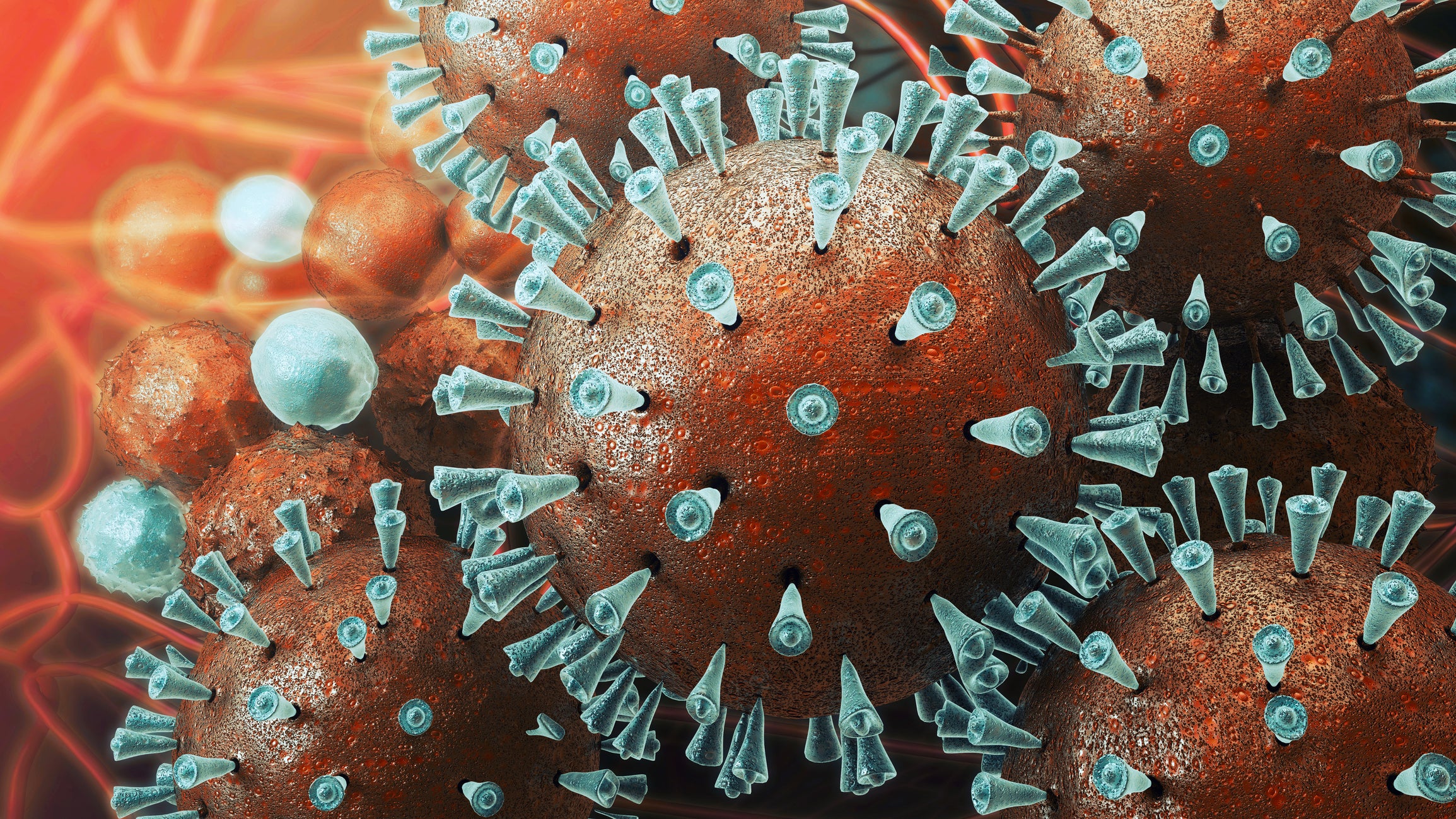A comprehensive guide on what STIs you can catch from oral sex

Ever since the sexual revolution of the ‘60s, oral sex has become increasingly popular among people of all ages, but despite its pervasiveness many neglect the associated risks that come with it.
Often considered much safer than intercourse, the idea that oral sex is risk-free is perilous because, while pregnancy might not be an outcome sexually transmitted infections (STIs) are.
Unfortunately, it’s extremely difficult for researchers to answer the question, “how risky is oral sex?” given the fact that many people who do it also have other kinds of sex which can equally put them at risk of infection.
That being said, there are some STIs which are more likely to be transmitted orally than others. So, what can you catch?
According to the NHS, infections that are commonly spread through oral sex include gonorrhoea, genital herpes and syphilis.
And, while it’s less frequent, chlamydia, hepatitis A,B and C, genital warts, and even HIV can also be caught.
“Generally speaking, we'd view it [HIV] as not orally transmitted without a lot of caveats,” Peter Leone, a professor of medicine at University of North Carolina’s School of Medicine told Tonic.
“In other words, someone who has a lot of oral lesions, or bleeding where they might come into contact with someone else who might have HIV.”
As for what you can do to stay safe, making sure that you or your partner wears a condom or dam – a thin sheet of latex designed to cover female genitals – is vital.
Similarly, it’s important to ask your partner for their STI status and let a healthcare professional know about the kinds of sex you are engaging in.
Join our commenting forum
Join thought-provoking conversations, follow other Independent readers and see their replies
Comments
Bookmark popover
Removed from bookmarks